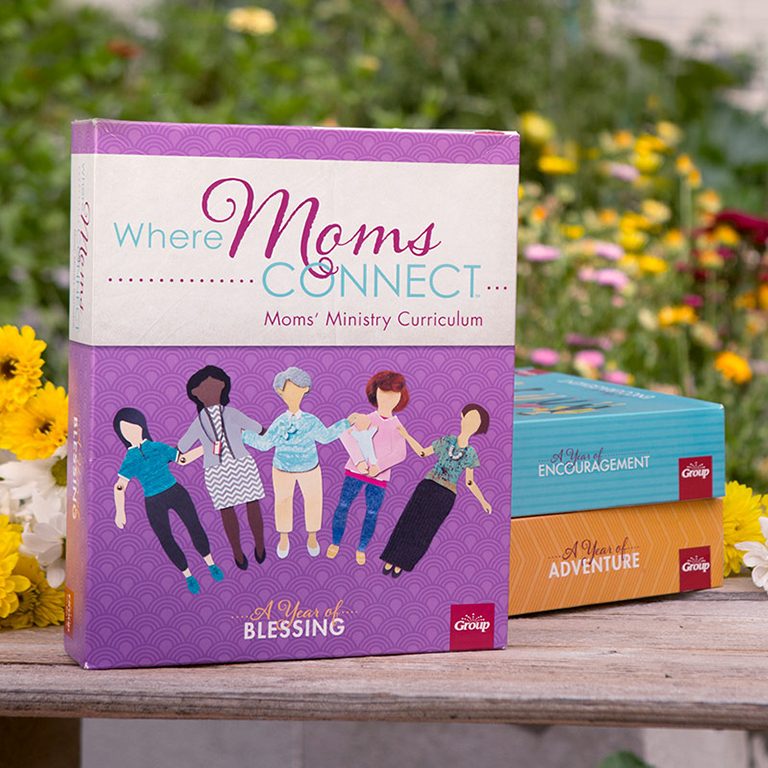Group
Women's Ministry
Popular Women's Ministry Resources
Do you want to see women grow in their relationship with Jesus and each other? We’ve got you covered. You’ll find all the resources, tools, support and encouragement you need to start a women's ministry or strengthen the one you are leading.



